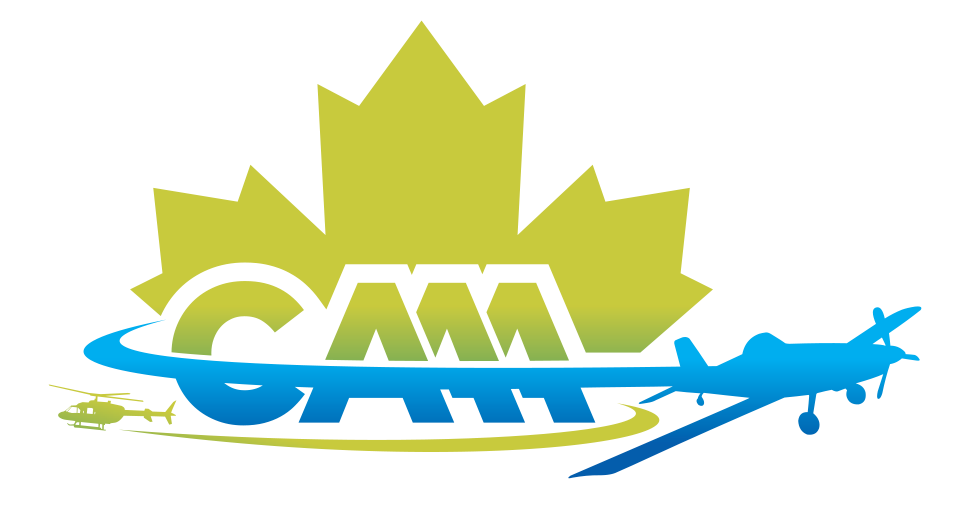I’d like to thank Executive Director, Shara Tardif, for reaching out and allowing me the opportunity to provide an update on where the regulations around drone spraying currently sit in Canada.
As some of you know, my name is Cory Southam and I am both Operations Manager at Strongfield Environmental Solutions as well as Chair of the North American Remotely Piloted Aerial Application Systems (RPAAS) Working Group. The main purpose behind the working group is to connect the necessary individuals and organizations to further the efforts of generating the data required by PMRA to get label amendments approved for RPAAS use. PMRA has been asking for a full suite of data on all fronts, including operator exposure, efficacy, drift and crop/dietary residues. This has been no small task, and since my last article we do have some positive news to share with you.
As we and the world dealt with the COVID-19 pandemic, not a lot of progress was made on research and development in 2020; however, with things slowly getting back to normal and with travel opening up in 2021, we were able to help out with research studies for numerous chemical companies. Throughout the summer we travelled across Alberta, Saskatchewan and Manitoba gathering data on efficacy and crop residues for multiple pest control products. Speaking with the study coordinators, the initial data on all studies looks really good and is opening the door to some exciting follow-up studies in 2022. Next year’s studies are looking to get more aggressive with water volumes - more closely mimicking traditional aerial application - as well as exploring different nozzles and spray qualities to in-crease future on-label productivity for RPAAS applications. The outcome of one of our studies looks so positive that the registrant is hoping to have generated enough data to move forward with a label amendment for that product; how long that review process will take with PMRA, we do not know, but I am happy to report that the results look very good. Although it feels like baby steps at times, we are satisfied and excited with the successes of the 2021 season and are grateful and proud to be at the forefront of the progression of drone spraying regulations in Canada.
While these results look extremely positive, I want to make one thing very clear; drones are not going to be a fit for every application scenario…not even close! We see RPAAS platforms being a complimentary tool to the work being conducted by not only yourselves, but to all of the experienced and talented manned aerial applicators around the world. Great use cases for RPAAS platforms include targeted spot spraying of small acre weed infestations, filling in headlands, filling in around powerlines, squaring up fields to make passes with a plane or helicopter easier, touching up yard sites and small jobs as well as for use in the utility vegetation management industry where sites tend to be smaller in size and a smaller tank size may be more beneficial to allow quick product changes as required. We have met others on the drone side of the argument that claim drones can currently be swarmed together and will start outcompeting manned aerial applicators within the next few years and this just simply isn’t true - the technology is not there. Could it get there in 10-15 years when we start seeing full-sized remote operated aircrafts in the skies? Sure! But this is a long way away and we still stand by the idea that for the foreseeable future drones will continue to compliment the work done by both planes and helicopters.
If you have any follow-up questions about the regulations or platforms that we have to offer, please feel free to reach out to me at any time - we love speaking with experienced operators as we feel we always have something more to learn when speaking with new connections.
We hope many of you are with us in sharing our optimism and excitement for what RPAAS platforms will be able to contribute to the field of aerial application!
Cory Southam
Operations Manager
Strongfield Environmental Solutions Inc.






